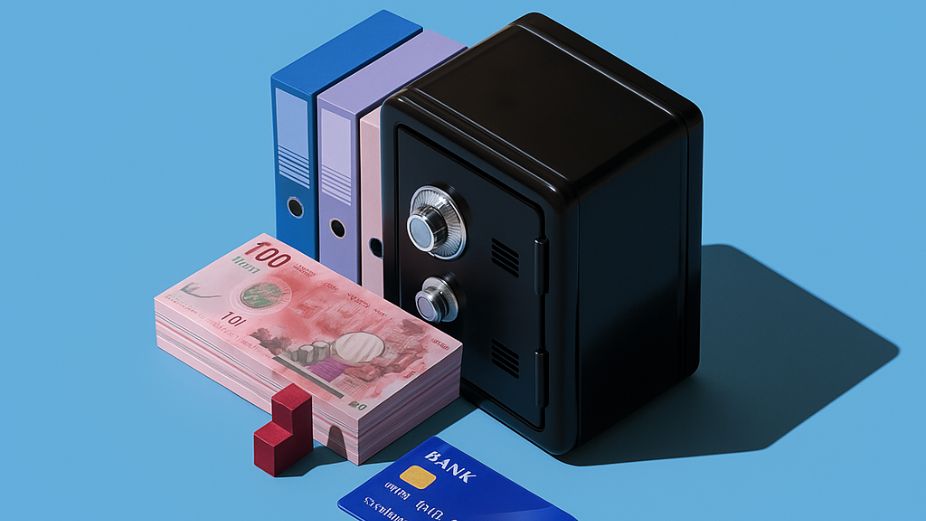
The latest Payments Bulletin from the Maldives Monetary Authority (MMA) shows a sharp acceleration in the country’s transition to digital payments, with account transfers, card usage, and the Favara instant payment system replacing traditional methods like cheques and cash withdrawals.
In 2024, more than 132 million account-to-account transfers were made, valued at over MVR 768 billion, a 20 percent rise from the previous year. The majority of these transactions were domestic, with Favara handling more than 84 percent of inter-bank retail payments. By year-end, five banks were fully integrated into Favara, with the remaining two in final testing. The system processed 7.7 million transactions worth MVR 23.7 billion in its first full year, underscoring the strong shift toward real-time payments.
The rise of Favara and internet banking has coincided with a steady decline in cheques. The total volume of cheques dropped 17 percent in 2024 to 388,000, with their value falling 11 percent to MVR 49.5 billion. Compared to 2020, cheque usage has fallen by more than half, suggesting that digital solutions are steadily replacing paper-based transactions.
Cash withdrawals also fell in volume by 9 percent, though the total value of withdrawals remained stable at MVR 34.8 billion. This suggests that while fewer people are withdrawing cash, those who do tend to make larger transactions. International cash withdrawals saw an even sharper fall, down 45 percent in volume and 31 percent in value, reflecting the growing use of prepaid and credit cards for overseas spending.
Card payments expanded rapidly, with more than 80 million transactions conducted in 2024, a 26 percent increase compared to the year before. Debit cards accounted for the bulk of activity, but credit card usage grew by 33 percent in volume, while prepaid cards rose by nearly 50 percent domestically. Contactless payments also gained ground, with over three-quarters of debit card POS transactions made using near-field technology.
Meanwhile, electronic money services grew modestly in number of accounts but saw stronger activity, with over 25,000 active e-money wallets and MVR 459 million worth of transactions in 2024. Bill payments and airtime top-ups remain the dominant uses for these wallets.
Remittances continued to drain foreign currency from the country. Outward remittances reached USD 7.4 billion, with Bangladesh the largest recipient. By contrast, inward remittances stood at USD 5.8 billion. Foreign workers accounted for 92 percent of outward remittances by value, reinforcing concerns that the economy is losing hard currency at a time when reserves remain tight.
The bulletin paints a clear picture of a financial system rapidly modernising, but also highlights structural challenges. While digital adoption is accelerating, reliance on remittances continues to put pressure on the country’s foreign exchange position, raising questions about the resilience of the financial system amid shifting consumer behaviour.












